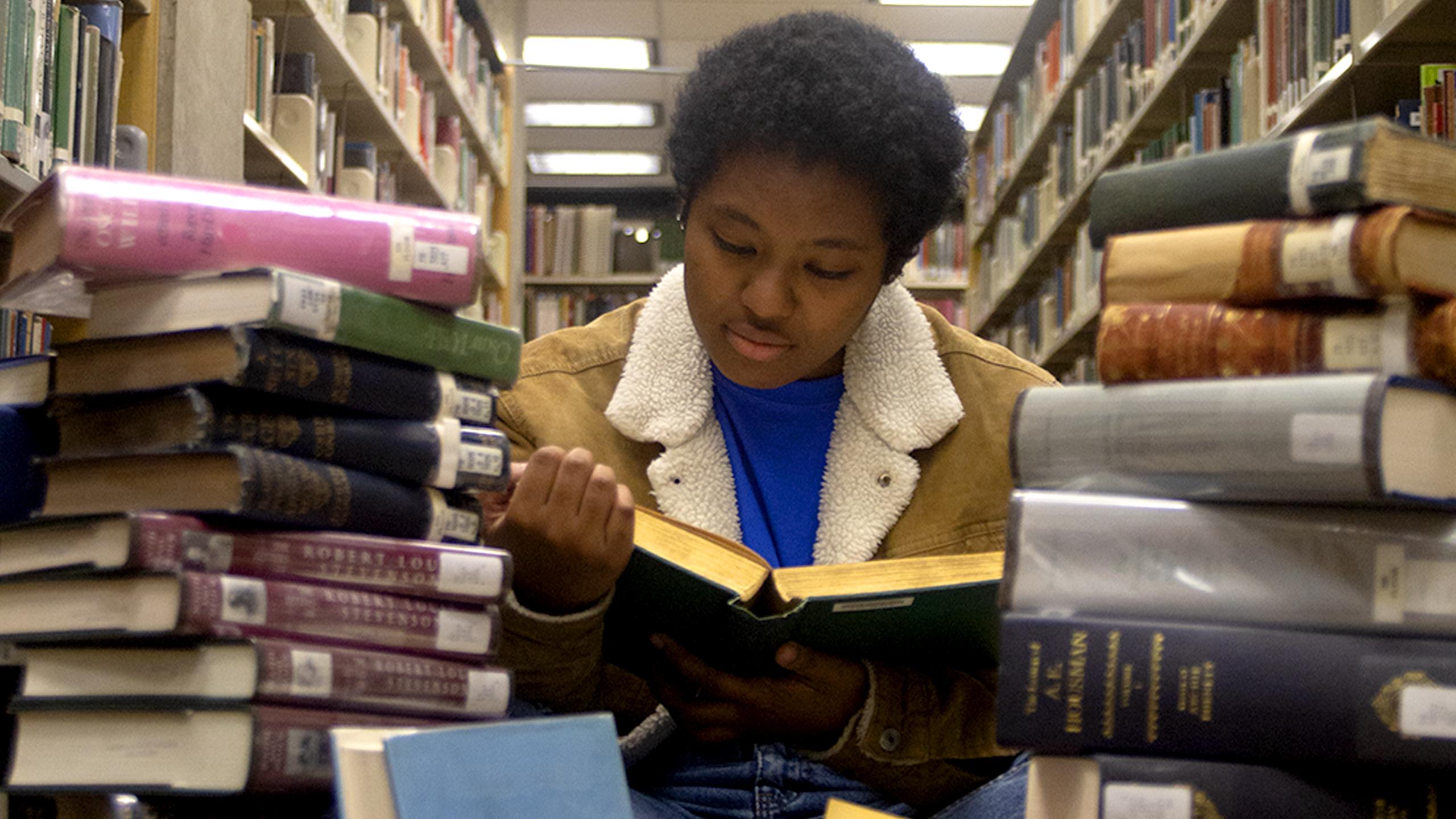By Zawadi Bunzigiye
“Woke” book clubs come and go, but now, Ryerson students have the option to read works by Black, Indigenous and racialized authors in a non-academic setting, with other students on campus.
Kaitlin Rizarri, a fifth-year Ryerson law and business student, and Ashley Caranto Morford, a PhD student at the University of Toronto (U of T), are leading Decolonial Disruptions, a book club to read texts that deconstruct systems of power through open dialogues that the readings generate.
The readings are meant to lead members to exercise insight, critical thinking and reflection about the ways in which gender, class and race impact Black, Indigenous and racialized lives.
“We really wanted to bring this reading group to both [the U of T St. George campus] and to Ryerson, just because it focuses on building solidarity among people of colour,” said Rizarri.
Rizarri and Morford are both Filipinx but Rizarri identifies as a Filipinx settler to hold herself accountable to living in a system that promotes colonial violence while unlearning colonial mentality, she said. Morford identifies as a Filipinx-British settler. She said “diasporic” Filipinx have the responsibility to support anti-colonial efforts.
“This is me speaking from my own distinct positioning and to my own community,” said Morford.
Both Rizarri and Morford are passionate about researching Filipinx-Indigenous solidarities and fostering solidarity between Black, Indigenous and people of colour. Rizarri said her main purpose for leading the club is to engage Filipinx people more in conversations. “Our community has a lot of unpacking to do.”
This group has existed in previous years in different iterations like a Jackman Humanities Institute working group in the 2016-17 term by Isabella Huberman and Elise Couture-Grondin, doctorate students at the time, according to Morford.
Taking the busy schedules of students into consideration, the book club meets once a month for meetings coordinated through their Facebook group.
The amount of members present depends on who shows up, varying from seven to 10, allowing for low commitment and intimate conversation, said Rizarri. The locations rotate bi-monthly between Ryerson and U of T.
“The reading group is a collective that is [significantly] made up of and shaped by many different communities,” said Morford.
Readings are announced in advance on the Facebook group. The reading list is continually revised for improvement based on the feedback provided by book club members, with special attention to feedback from Black and Indigenous members, said Rizarri. The themes in the material include intersectionality, white supremacy and white settlers’ lack of self-accountability for colonialism and in treaties.
“We really are focusing our syllabus around hearing the narratives of Black and Indigenous [Peoples] first. Then we’re going to be going into how are we all affected by colonial violence and what does it actually look like to be in solidarity with [Indigenous Peoples]?” said Rizarri.
Members have two weeks in advance to do the required reading of texts such as: Decolonizasian: Reading Asian and First Nations Relations in Literature by Rita Wong, An Indigenous View on #BlackLivesMatter by Leanne Simpson and Robyn Maynard’s Policing Black Lives. The club will also review scholarly writing, podcast episodes and grassroots pieces.
“It’s a lot of emotional labour…It’s the first time that you’re understanding the lived experiences of people [who] are impacted the most by white supremacy, by colonization, by all of these various -isms,” said Rizarri. “And it’s very painful for you to all of a sudden wake and realize that this has been going on your entire life and you may have not been the best ally.”
Some of the things that the readings highlight is just because you are a person of colour does not mean that you don’t have privilege, said Rizarri.
“That goes into ‘I have a lot of privilege because I’m a white passing person. How do I hold myself accountable?’” said Rizarri.
Students who are white are allowed to join but everyone is suggested to be conscious of the space they take up in discussion.
Rizarri said the space is anti-oppressive but they want to allow for learning and accountability. Offensive comments are not tolerated. They are unpacked so people understand why they are inappropriate. ‘’But we do not want to host a cancel culture type of space either. This is a space for learning.’’
Non-PoC members are suggested to privately message Rizarri and Morford if they have questions or concerns that aren’t beneficial to the group as a whole to keep meetings productive. Rizarri and Morford recognize that everyone being welcome is more work on racialized members and they have that in mind when they moderate discussion, said Rizarri.
Rizarri credits Conely de Leon, a sociology assistant professor at Ryerson, for her advice and guidance in the development of the club.
The next meeting is on Nov. 28 from 12:30 p.m. to 2:30 p.m. at the U of T St. George campus. Students who wish to join can sign up through the club’s Facebook page “Decolonial Disruptions 2019-2020: Indigenous, Black, POC Solidarities.”










rahma bunz
this is sooo inspiring. my eye opened after i read this article